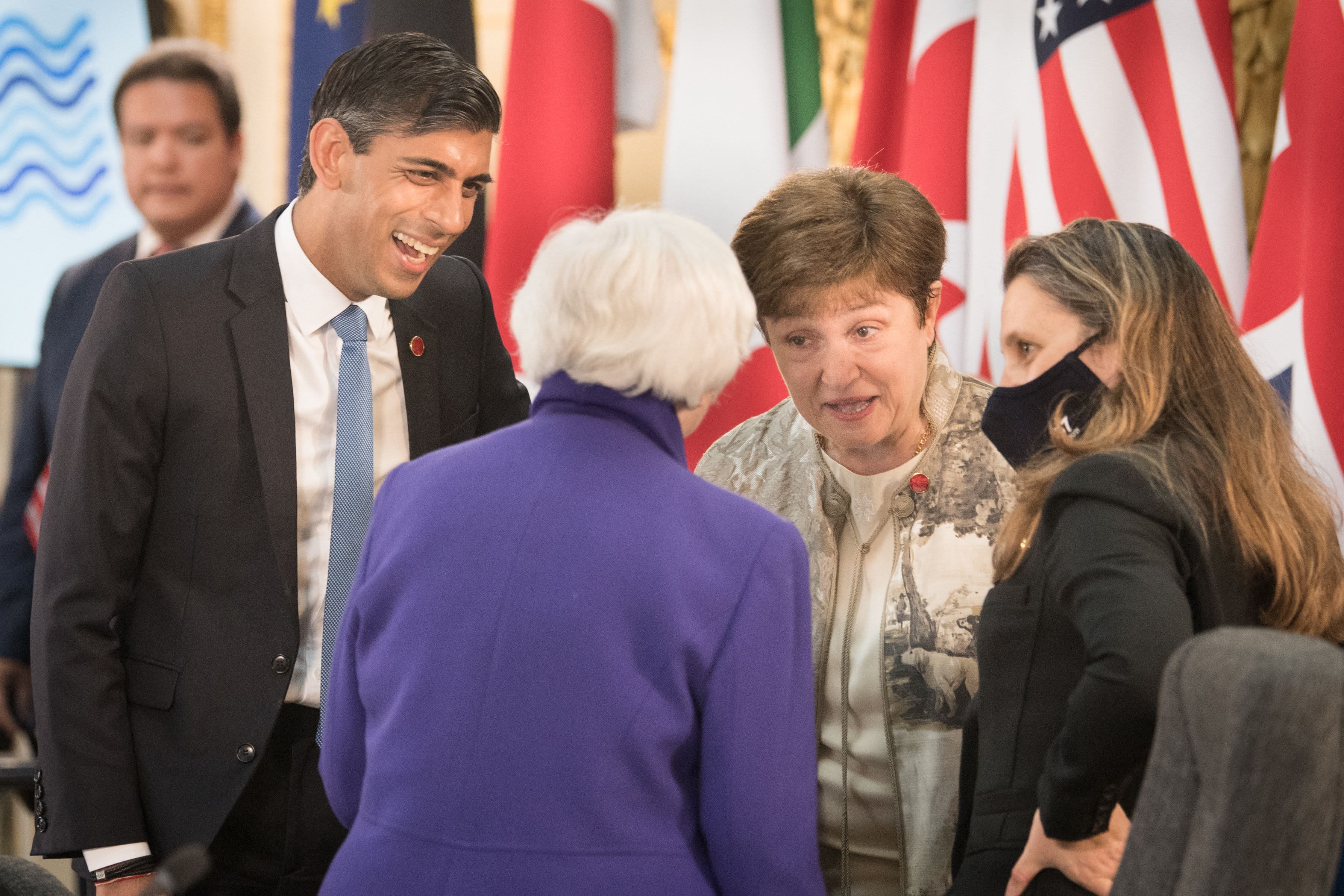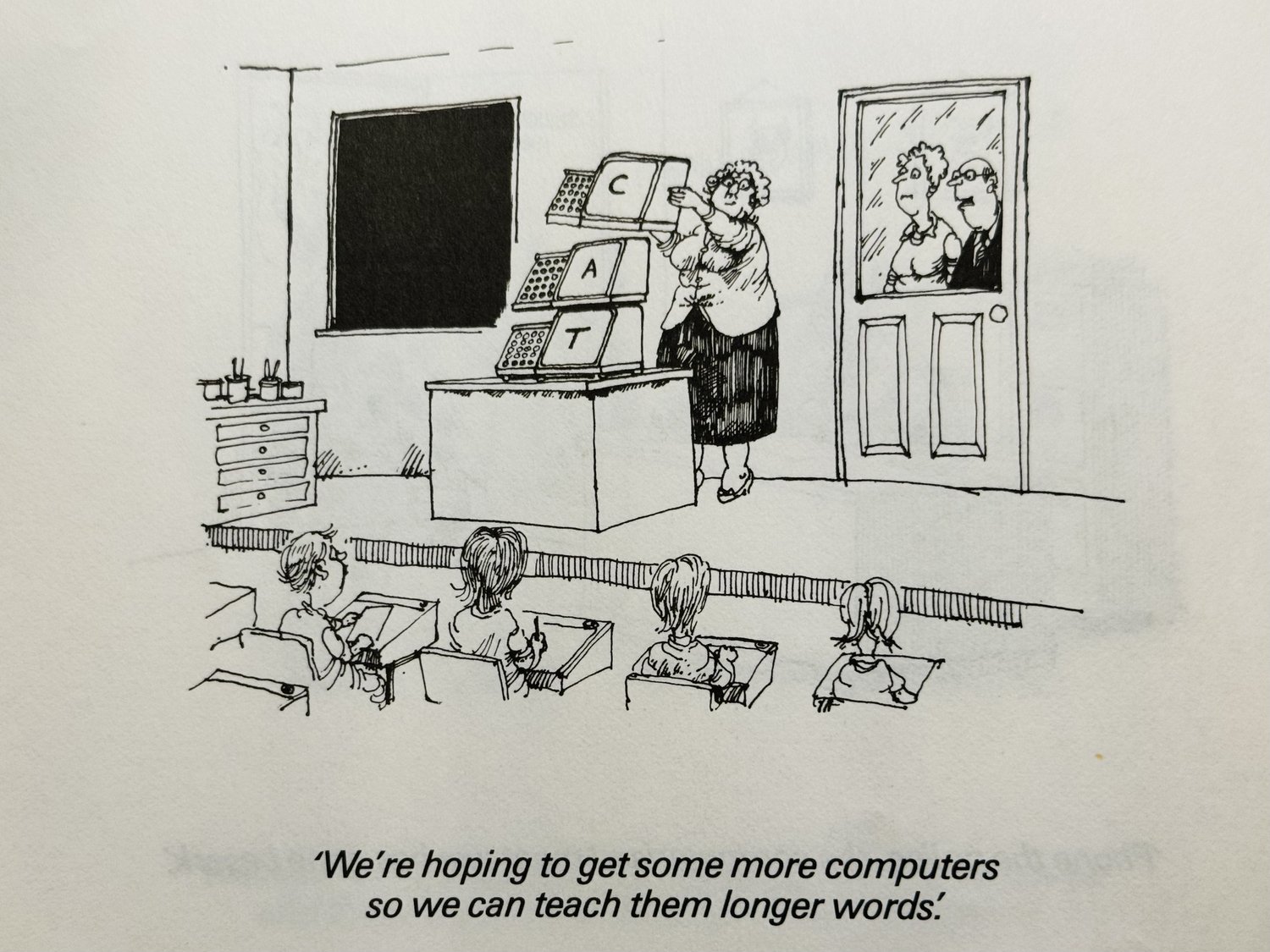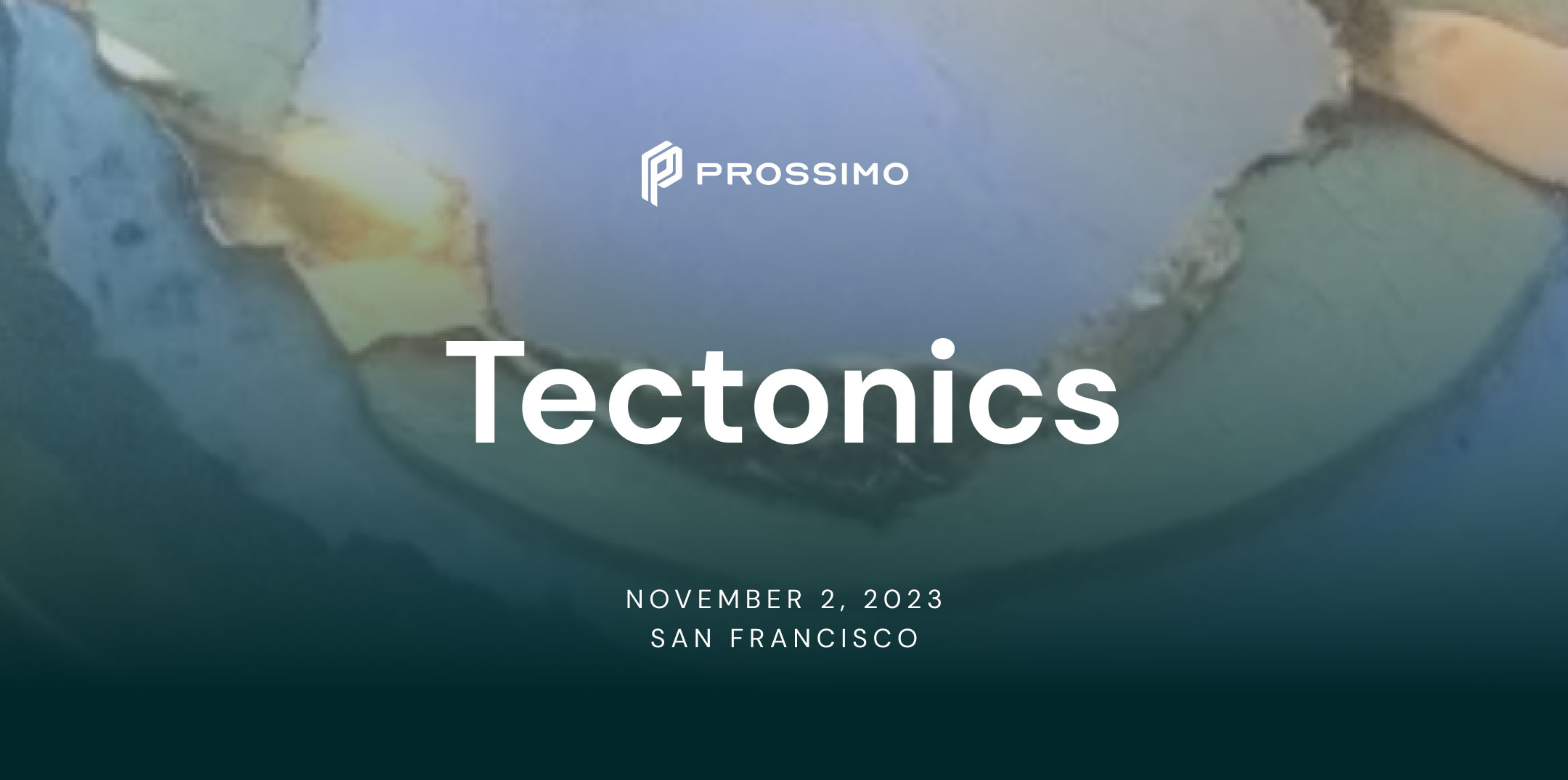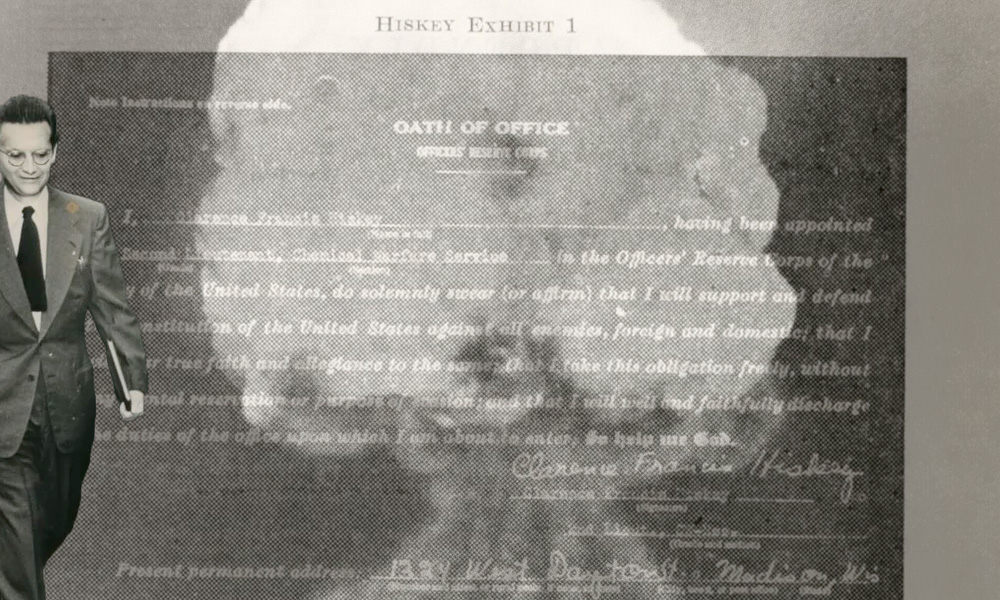
This G7 reflects our G-zero world, ruled by self-interest instead of global ambition
T he Atlantic charter of 1941, signed by then prime minister, Winston Churchill, and US president, Franklin D Roosevelt, set out the principles that would govern the postwar world. From self-determination to international trade to “a world free from want and fear”, its ambitions were lofty and its goals expansive. We live today with its legacy.
Some 80 years on, Boris Johnson and Joe Biden signed what was termed a “new Atlantic charter” ahead of the G7 meeting in Cornwall. But the new Atlantic charter reflects the diminished status of both the US and Britain in the 21st century. It set out some sensible areas for bilateral cooperation – from quantum computing to air travel – but there was little of lasting note. These were not two world leaders charting the future for humankind, nor indeed for post-Brexit Britain: there was not even a promise of a US-UK trade deal.
Meeting in person for the first time since the pandemic began, the self-styled “group of seven leading industrialised nations” had enormous problems on the agenda: bringing the pandemic to an end, ensuring the world economy recovers rapidly and accelerating action on the climate crisis. But the magnitude of the problems was not matched by the scale of the response.










/cdn.vox-cdn.com/uploads/chorus_asset/file/9594885/jetsons.jpg)








